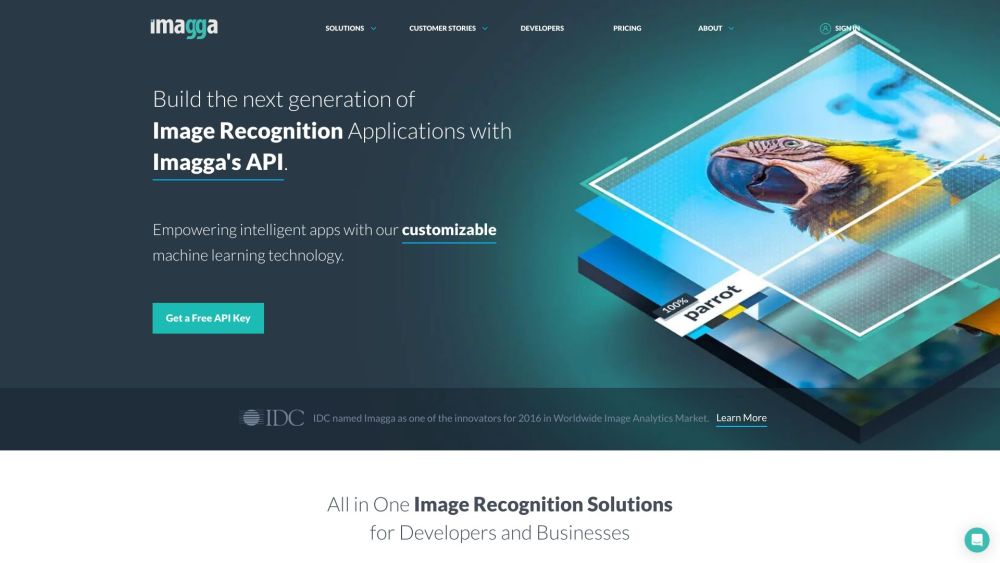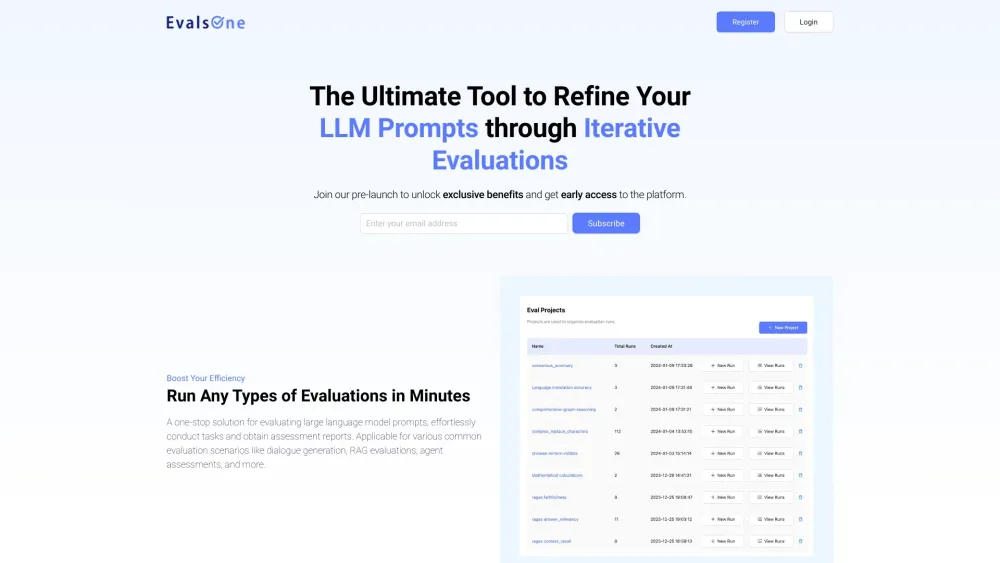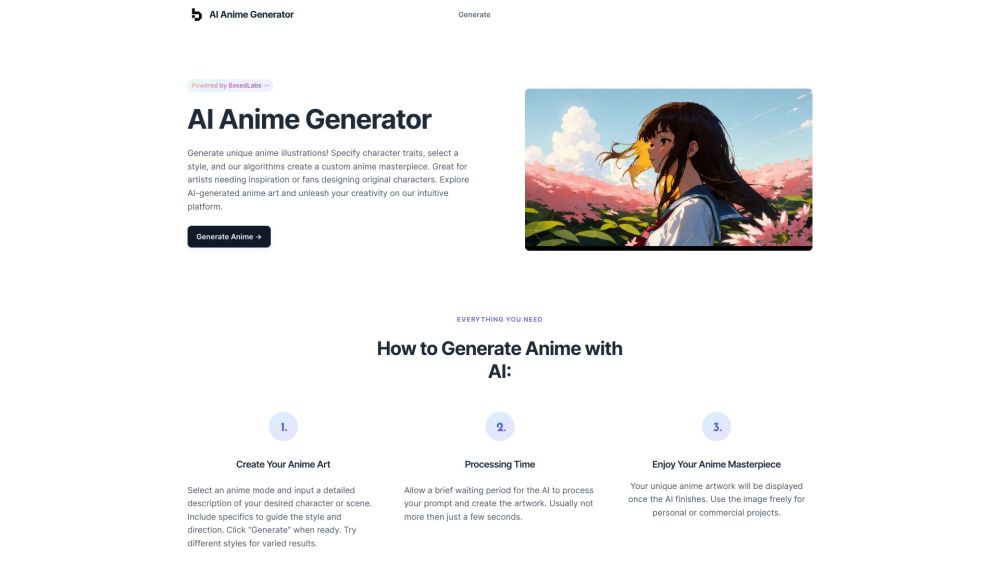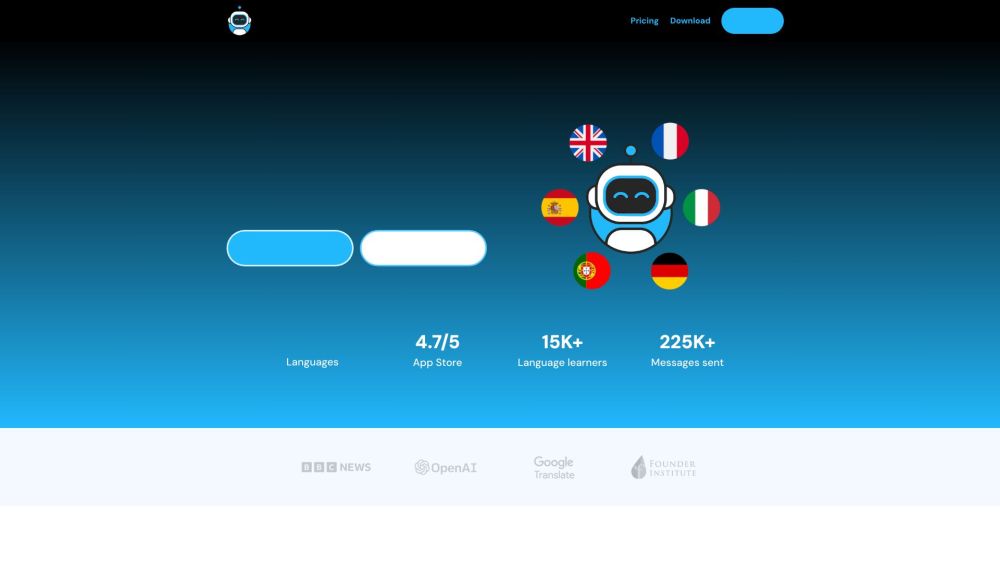Recent headlines, such as an AI recommending people eat rocks and the launch of 'Miss AI,' the first beauty contest featuring AI-generated contestants, have reignited vital discussions about the responsible development and deployment of AI technology. While the rock recommendation highlights a flaw in AI algorithms, the beauty contest reflects humanity's tendency to uphold narrow beauty standards. Amidst ongoing warnings of potential AI-induced catastrophes—one AI researcher has estimated a 70% probability of doom—these issues stand out yet fail to suggest a departure from the current trajectory.
Egregious instances of AI misuse, like deepfakes used for financial scams or inappropriate portrayals of individuals, illustrate the technology's potential for harm. However, these actions are driven by human malice rather than AI autonomy. Additionally, fears that AI may cause job displacement have yet to materialize significantly.
The landscape of AI risks includes the potential weaponization of the technology, inherent societal biases, privacy violations, and the ongoing difficulty of understanding AI systems. Nonetheless, there is little evidence to suggest that AI inherently poses a threat to humanity.
Despite this lack of evidence, 13 current and former employees from leading AI companies recently issued a whistleblowing letter expressing grave concerns about the technology's risks, including threats to human life. These whistleblowers, who have worked closely with advanced AI systems, bolster the credibility of their apprehensions. Past warnings from AI researcher Eliezer Yudkowsky have fueled fears that AI, like ChatGPT, may evolve to surpass human intelligence and potentially harm humanity.
However, as Casey Newton noted in Platformer, those seeking sensational revelations in the whistleblower letter may be disappointed. This could stem from constraints imposed by their employers or a lack of substantial evidence beyond speculative narratives.
On a positive note, “frontier” generative AI models are continuously improving, as evidenced by their performance on standardized testing benchmarks. However, instances of "overfitting"—when models excel only on training data—can inflate these claims, as demonstrated by a misleading assessment of performance on the Uniform Bar Exam.
Despite concerns, leading AI researchers—including Geoffrey Hinton, often referred to as an ‘AI godfather’—believe that artificial general intelligence (AGI) could be achieved within five years. AGI represents an AI system capable of matching or exceeding human-level intelligence across a wide array of tasks—the point at which existential concerns may arise. Hinton's recent shift in perspective, previously considering AGI a distant reality, strengthens the urgency of the debate.
Adding to this narrative, Leopold Aschenbrenner, a former OpenAI researcher recently let go for alleged leaks, has published predictions indicating that AGI could be realized by 2027, assuming consistent progress continues.
While some experts remain skeptical about the imminent arrival of AGI, the upcoming models—such as GPT-5 from OpenAI and the next iterations of Claude and Gemini—are expected to yield impressive advancements. However, if future technological growth stagnates, existential fears may eventually dissipate.
Concerned experts like Gary Marcus have raised doubts about the scalability of AI models, suggesting that early signs of a new "AI Winter" may be emerging. AI winters, historical periods characterized by dwindling interest and funding due to unmet expectations, often follow phases of inflated hype surrounding AI's capabilities.
Recent reports, such as one from Pitchbook, reveal a significant decline in generative AI deal-making, dropping 76% from its peak in Q3 2023, as investors reassess their strategies. This downturn in investment could lead to financial difficulties for existing companies and stifle innovation in emerging AI projects. However, major firms engaged in developing cutting-edge models may remain insulated from these trends.
Further reinforcing this narrative, Fast Company highlighted a lack of evidence indicating that AI is generating sufficient productivity gains to positively affect company earnings or stock prices. Consequently, the looming threat of a new AI Winter may dominate discussions in the latter half of 2024.
Despite these challenges, many experts remain optimistic. Gartner likens the impact of AI to transformative inventions such as the printing press and electricity, underscoring its potential to reshape society. Ethan Mollick, a Wharton Business School professor, advocates for immediate integration of generative AI into work processes.
Evidence of generative AI capabilities continues to mount; for instance, AI systems are reportedly 87% more effective at persuading individuals during debates compared to average humans. Additionally, studies indicate AI models may surpass humans in providing emotional support through techniques such as cognitive reappraisal.
The central question remains: Will AI help solve significant global challenges, or could it eventually lead to humanity's downfall? Likely, the outcome will present a mix of extraordinary advancements and regrettable pitfalls associated with advanced AI. Given the polarized nature of technological progress, even industry leaders express divergent views on AI's risks and rewards.
Personally, I maintain a low probability of doomsday—approximately 5%—after evaluating recent advancements in AI safety. Encouraging strides made by organizations like Anthropic in elucidating the workings of large language models (LLMs) could enhance our ability to mitigate risks effectively.
Ultimately, the future of AI stands at a crossroads, balancing unprecedented opportunities against notable risks. Engaging in informed discussions, ensuring ethical development, and implementing proactive oversight remain critical to maximizing AI's societal benefits. While the potential exists for a future marked by abundance, there is also the risk of descending into dystopia. Responsible AI development must prioritize clear ethical guidelines, rigorous safety protocols, human oversight, and robust control mechanisms to navigate this fast-evolving landscape.
— Gary Grossman, EVP of Technology Practice at Edelman and Global Lead of the Edelman AI Center of Excellence.




